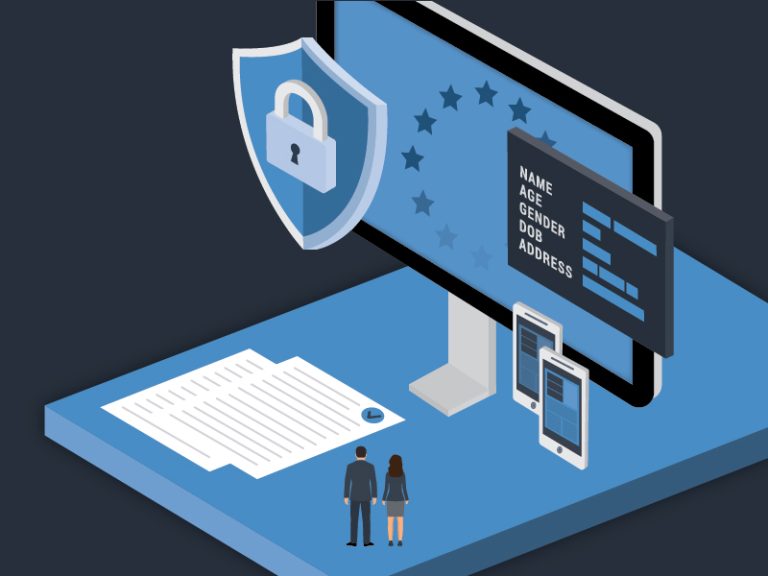Consent for electronic Messages
Consent is only required to send a “commercial electronic message” (CEM). A commercial electronic message is:
an electronic message that, having regard to the content of the message, the hyperlinks in the message to content on a website or other database, or the contact information contained in the message, it would be reasonable to conclude has as its purpose, or one of its purposes, to encourage participation in a commercial activity, including an electronic message that
(a) offers to purchase, sell, barter or lease a product, goods, a service, land or an interest or right in land;
(b) offers to provide a business, investment or gaming opportunity;
(c) advertises or promotes anything referred to in paragraph (a) or (b); or
(d) promotes a person, including the public image of a person, as being a person who does anything referred to in any of paragraphs (a) to (c), or who intends to do so.
Sending CEM’s
If a Non Profit organization has obtained consent from an individual, CEMs can be sent.
Express Consent
When an individual gives an organization consent for any type of message, it is called an Express Consent
Obtaining this type of consent can be done in a number of ways:
- signing up on your website to receive messages;
- checking a box on a paper form
- providing an email address with prior notice of CEM delivery
- oral or written requests to receive messages.
Implied consent
Implied consent deals with how a relationship is created between a Non Profit and an individual which allows an organization to send CEM. Relationships can be defined by an of the following:
- donated in the last two years (either cash or in-kind);
- volunteered in the last two years;
- been a member of the organization in the last two years;
- entered into a contract with the organization in the last two years;
- purchased a good or service from the organization in the last two years; or
- made an inquiry about commercial offerings in the last six months.
Contacting referred leads
If your message is not commercial, there would be no restrictions on contact.
In the case of a “third party referral” you are allowed to send one CEM, with a description of how the recipients information was obtained. A message asking for consent is itself a CEM, so if you send such a message and do not receive a response, you may no longer send CEMs to that email address.
Add ons for express or implied consent
CEMs should possess the information below:
- clearly identifying your organization;
- providing up-to-date contact information for your organization; and,
- offering an unsubscribe mechanism.
The unsubscribe option is key to establishing due diligence and responding to any complaints made against you. It does not have to be a technically advanced unsubscribe; asking people to reply to your message with the word “unsubscribe” is sufficient to comply.
CASL & Social Media
Posting on Twitter, Facebook, LinkedIn, or other social media platforms is considered broadcasting, and not affected by CASL regulation. Furthermore, targeted advertisements you may purchase on social media platforms are not affected.
Direct messages to an individual’s personal inbox on the social media platform may be affected, depending on the type of message being sent and whether it is commercial in nature.
Third-party serviced electronic communications
Where a third-party service provider is used, your contract with them should include a requirement that they be CASL-compliant, and assurance from them that they are. This demonstrates due diligence on your part.
CASL Penalties
The maximum penalties for CASL are significant. The CRTC has the authority to impose large fines, and, as of July 1, 2017, there will be a possibility of class-action lawsuits with significant damages.
A number of factors need to be kept in mind:
- steps you take to show due diligence (such as tracking how you obtain email addresses, or always including an unsubscribe option) will be taken into consideration when assessing the penalty for non-compliance;
- the CRTC is likely to investigate only in cases where there are a significant number of complaints or there appears to be a major transgression;
- the CRTC is likely to emphasize education and compliance, rather than punishment, in cases where mistakes are made;
- in the case of a violation, a compliance agreement with the CRTC eliminates the possibility of private lawsuits; and,
- frivolous lawsuits may be summarily dismissed, with costs, by a judge.

